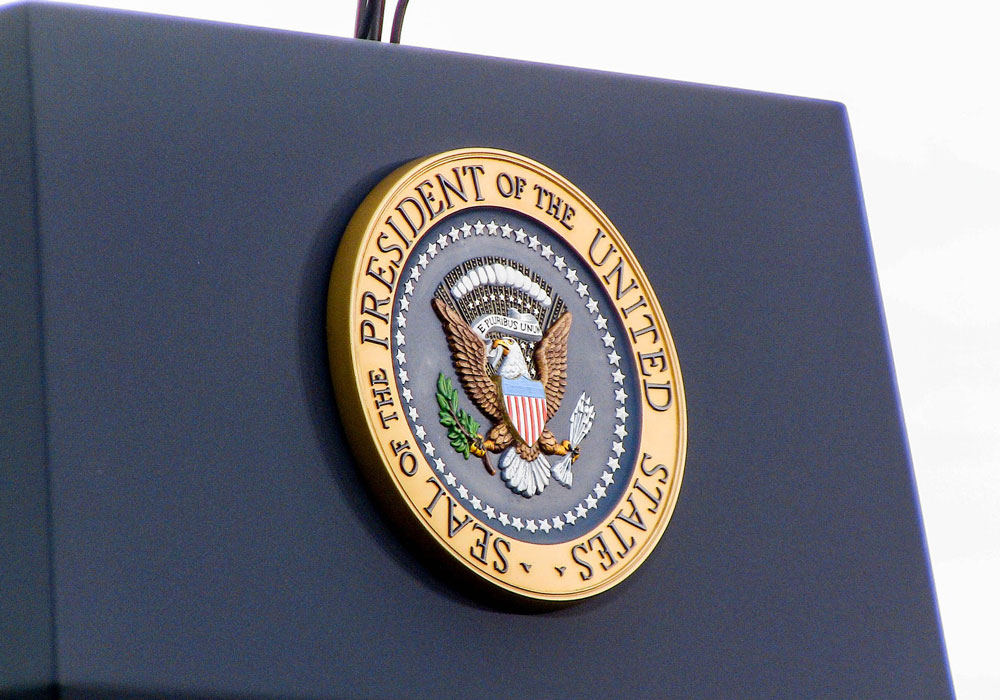Candidates Must Look at Health Care Differently
Chicago ONS Chapter member Janice Phillips, RN, CENP, PhD, FAAN, said it all in her op-ed published on Morning Consult. The entire Democratic field of presidential candidates has declared some form of healthcare overhaul, albeit to varying degrees of change. With expanded access and reduced costs for patients and families as a priority, the centerpiece to most presidential hopefuls’ domestic policy program is redesigning a struggling system.
Yet each candidate’s plan has significant differences that must be fleshed out as the primary race continues. Regardless of party affiliation, most Americans believe that the high healthcare costs are driving financial struggles and pre-existing conditions need to be covered—no matter the legislation. Health care remains a top domestic priority, but answering the myriad questions associated with reform remains the biggest obstacle for all candidates.
Federal, State Investigate Respiratory Illnesses Reported After Vaping
Vaping continues to dominate the news cycle, especially as the Centers for Disease Control and Prevention (CDC) and U.S. Food and Drug Administration (FDA) launch an investigation into the potential connection between vaping, respiratory illness, and five reported e-cigarette user deaths. The joint statement emphasizes both agencies’ focus on e-cigarettes’ effect on public health. FDA also released a MedWatch alert to avoid tetrahydrocannabinol vaping products too, and now Michigan has become the first state to ban flavored e-cigarettes as a step toward discouraging new, younger consumers from using the products.
In a move that would draw a strong line in the sand, state officials are working with federal agencies to understand the true effects of e-cigarettes, which will likely lead to stricter legislation from all levels of government. ONS supports coalitions like the Campaign for Tobacco Free Kids that have a vital voice in smoking cessation conversation.
Is Drug Importation the Answer?
For almost 20 years, the policy concept of importing pharmaceutical drugs into the United States at lower costs to patients has been a popular idea, resonating with a populace that seeks to find real solutions to rising medication costs. The issue is purely economic, helping patients find ways to lower their out-of-pocket costs. But counterfeiters could potentially take advantage of any policy changes, and importation regulation might not be able to stop it.
Turning the idea into reality will require cooperation between the government and the pharmaceutical industry. Otherwise, greater oversight from agencies like FDA may become necessary, forcing a stronger role in monitoring the manufacturing and distribution of medicines. ONS advocates are educating policy leaders on the dangers of financial toxicity and the importance of safety in cancer care.






